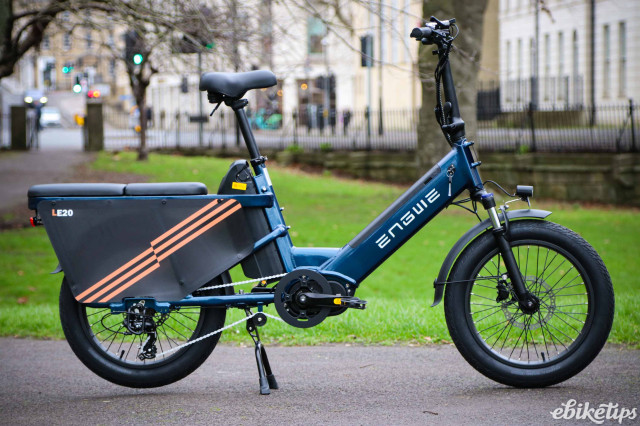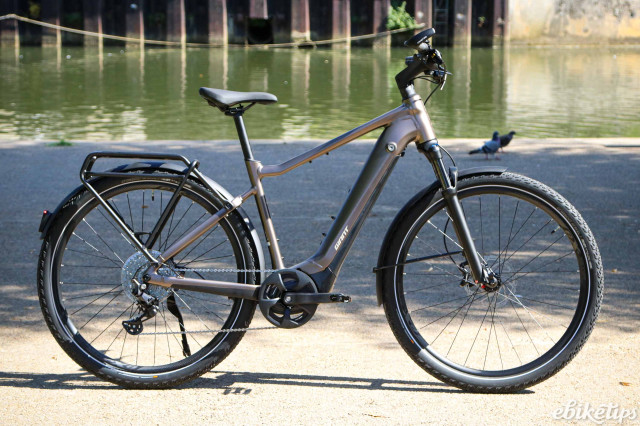Electric vehicle (EV) battery start-up, Britishvolt, has secured around £100m in funding for its planned ‘gigafactory’ on the site of the former Blyth Power Station coal stocking yard in Cambois, Northumberland. Crucially, the offer has enabled a partnership with Trixtax and abrdn that will deliver a further £1.7bn in private funding.
British consumers bought more electric cars in 2021 than in the previous five years combined and with petrol and diesel cars due to be phased out, that trend is only set to continue.
Britishvolt is looking to manufacture sustainable, low carbon lithium-ion battery cells. It says that once complete its gigafactory will have a 30GWh capacity – enough for over 300,000 battery packs a year.
“Britishvolt’s planned gigafactory will not only enable the UK to fully capture the benefits of a booming electric vehicle market, but will bring thousands of highly-skilled, well-paid jobs to the North East,” commented Business Secretary, Kwasi Kwarteng.
Production is scheduled to get underway in 2024 and the plant will ultimately employ around 3,000 people once it is at full capacity in around 2028, with a further 5,000 jobs created across the wider supply chain.
The UK produced roughly a quarter of all electric cars built in Europe in 2018, but Green campaign group Transport and Environment (T&E) said last year that lack of investment could mean that sinking to 4% by the end of the decade.
The government-funded Advanced Propulsion Centre calculates that the UK will need to produce 90GWh of batteries a year to sustain a car industry of equivalent size. Current UK production capacity is less than 2GWh.
“The UK automotive industry needs a local source of batteries,” Britishvolt’s executive chairman Peter Rolton told the Guardian. “Chinese or other Asian imports are not going to be an option. There will be very, very significant shortfalls of batteries. We are absolutely vital to maintain the UK industry and support those jobs.”
Last year mining giant Glencore invested an undisclosed sum in Britishvolt – a deal that will ensure a long-term supply of cobalt, a key ingredient in EV batteries.
Elsewhere in the region, Nissan is to open a 9 GWh battery factory in Sunderland, which could potentially rise to 25 GWh by the end of the decade.






